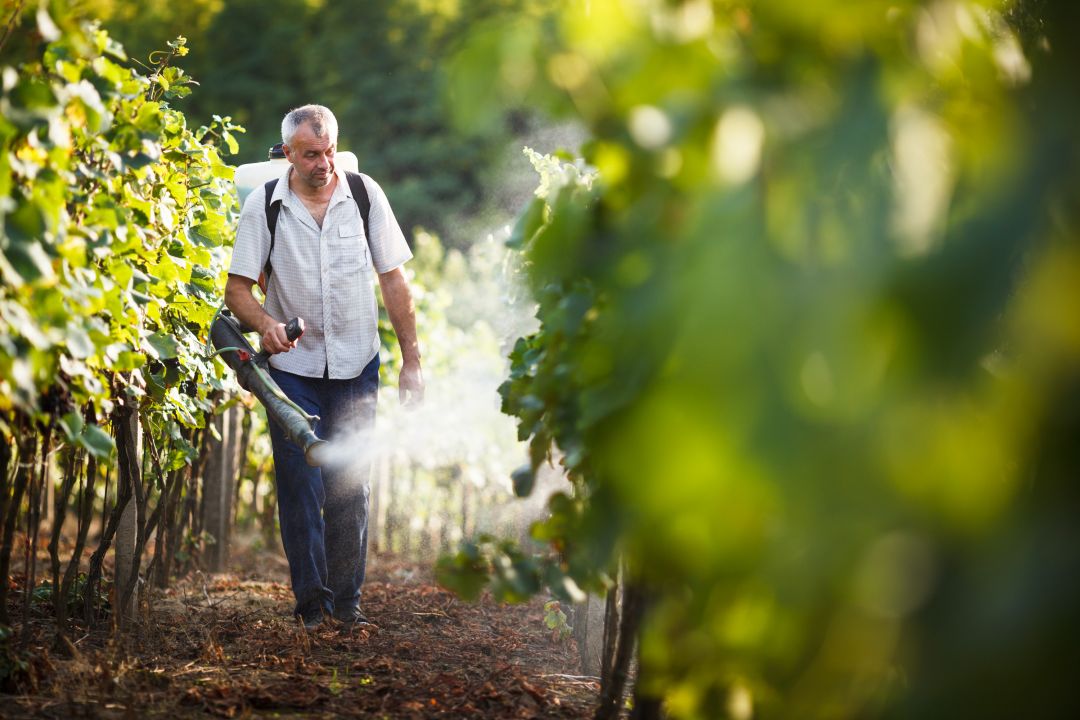Say What?
Roundup (Glyphosate). Use it or lose it? Why?
“Organic practices have bred a class 11 resistant powdery mildew (PM) critter. OSU sent out a bulletin saying if you are near an organic vineyard, class 11 fungicides will not work. It appears growing organic grapes is not sustainable, and those growers are rendering some of the tools to combat PM unusable for their neighbors.

But those growers can, full of piety, tell their uninformed customers they are good stewards of their vineyards. What a joke. [Those] hand-wringing Glyphosate are likely in the same group that has helped grow resistant PM. Rant over... for now.”
Pete Buffington, Abiqua Wind Vineyard
“Roundup is so useful it is hard to resist. As a third-generation organic farmer (not a well-populated cohort), I’m on the fence. We use a little Roundup occasionally in the landscape but not in the vineyard.
Why not the vineyard? When we started our first little Oregon vineyard back in the ’70s, we split 400 plants into two treatments. Half were treated with Roundup (glyphosate) and half were kept weeded by scalping with a string trimmer. Maybe not the best controlled scientific experiment, but illustrative for our purposes.
We didn’t see much difference the first year. However, the second and third years, we saw diminished soil health (dead, no worms, mossy) in the chemically treated portion. In addition, the yields, ripeness and overall vine health were visibly and quantitatively diminished. The result was enough to convince us to keep the vineyard organic and avoid the use of Roundup around the grapes.
Not sure every vineyard or grower would have the same experience, but we’ve opted to string trim our vineyard instead.”
Cliff Anderson, Anderson Family Vineyard
“Chemical farming advocates would like you to believe that glyphosate is safe enough to mix into your morning coffee, but there is a mounting body of evidence that it is toxic to humans. Although it is undeniably a cost-effective means of weed control — at least in the short term, until resistance develops — given the potential health risks both to us and the ecosystem, it really has no justifiable role in sustainable viticulture.”
Brian O'Donnell, Belle Pente Vineyard
“The main point in [Wines & Vines’ article by Andrew Adams titled “Arsenic, Herbicide Wine Scares Put in Context — www.winesandvines.com/template.cfm?section=news&content=171152] is this: The EPA reference on glyphosate is 0.1 mg/kg per day, and to reach that level of exposure, the same hypothetical male would have to drink 2,500 glasses of wine per day for 70 years.
But, isn't it strange that no one talks about the 130,000,000 or more parts per billion of a known cancer causing chemical found in wines: alcohol.”
Jeff Havlin, Havlin Vineyard










